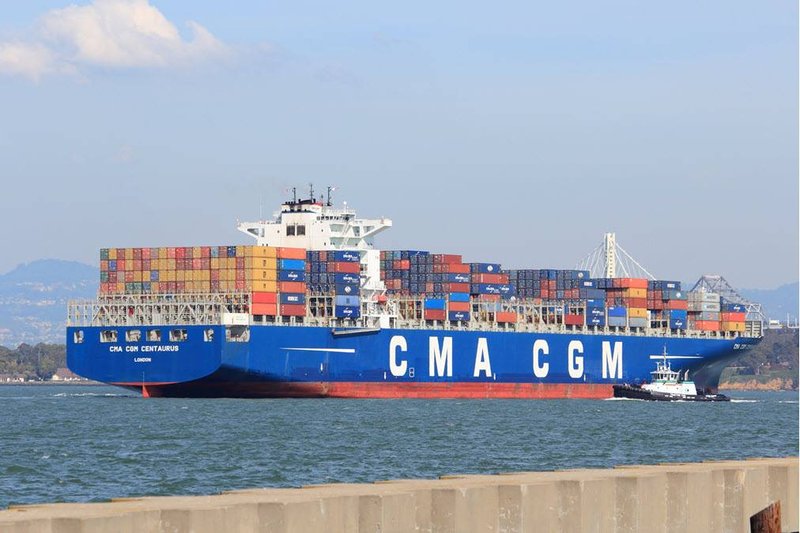
For the first time since the pandemic, zero cargo ships have left China bound for California’s two busiest ports—Los Angeles and Long Beach. This is not just a shipping anomaly. It’s a wake-up call. The silence at sea is the loudest warning yet about the dangerous depth of America’s dependence on China—and the long-term risks it poses to our national resilience.
Following President Donald Trump’s imposition of sweeping tariffs on Chinese goods last month—up to 145% on most imports—the U.S. is feeling the blowback. Cargo volumes have plummeted: Long Beach is down 35-40%, Los Angeles 31%, and even New York and Seattle are bracing for significant slowdowns. While trade representatives from both nations prepare to meet in Geneva, the reality on U.S. soil is becoming clear: America has allowed too much of its economy to become tethered to Beijing.
Port officials are sounding the alarm. “We’re seeing numbers worse than during the pandemic,” said Mario Cordero, CEO of the Port of Long Beach. If no deal is struck soon, the ripple effects will reach every aisle in America. Empty shelves. Delayed goods. Higher prices.
But this isn’t just an economic disruption—it’s a strategic threat. Nearly two-thirds of all cargo at Long Beach comes from China. That’s not supply chain efficiency. That’s leverage. And China knows it.
For years, China has positioned itself as the manufacturing heart of the world. U.S. corporations, lured by cheap labor and favorable production conditions, outsourced vast segments of their supply chains. From electronics to pharmaceuticals to retail goods, critical sectors now depend on Chinese output. When a tariff war or geopolitical dispute arises, China can simply stop the flow. And that’s exactly what we’re witnessing now.
Maersk, one of the world’s largest shipping companies, reports that U.S.-China cargo volumes are down 30–40%. That’s not just trade disruption—it’s economic blackmail in action. America’s overreliance on Chinese imports has created a chokepoint that Beijing can exploit at will.
Worse, the timing isn’t just about tariffs. It’s about global strategy. As China builds alliances with adversarial regimes and expands influence in Asia, Africa, and Latin America, the U.S. must reckon with the fact that economic entanglement with a strategic rival is a national liability.
While some argue for lowering tariffs to 80%, as President Trump has suggested, any solution must go beyond short-term rate adjustments. What America truly needs is a fundamental shift in how it views economic independence.
We must:
Let this be the final warning. If we don’t break our dependence on China now, the next crisis may not be economic—it may be geopolitical. And by then, it could be too late to steer the ship back.
The port silence is temporary. But the lesson must be permanent.